How much does Christmas cost?
Christmas is one of the best holiday seasons (don't just us!), filled with magic, mystery and marvel. But it comes with a cost, both to our wallets, and to our planet.
Christmas has come a long way from its origins as a traditional pagan festival celebrating the winter solstice. The Romans would light candles, sing songs and decorate their homes to commemorate the end of the long winter days, even before Christianity appeared.
But today, Christmas has become a festival of consumerism, with brands competing to provide us with more, bigger and brighter items. Most of which we don't need or want.
Why should we care?
We spend more at Christmas than any other time of year. The average spending per capita is estimated to vary between £1000 up to £1700 in some locations across the UK, with £548 each going on gifts!
Not only are some of us still paying off the debt come Easter, but a lot of that cash ends up in landfill.
The waste we produce at this time of year is absurd:
- 25 - 30% more waste produced globally than any other time of year.
- 32.9 million advent calendars and 40 million crackers are also discarded, as they are made of plastic or mixed materials.
- 300 million plastic cups and straws are destined for landfill on Christmas Day
- 125,000 tonnes of food waste packaging, mostly plastic, is also destined for landfill
- 263,000 turkeys are reared and binned
- with the carbon footprint of our Christmas dinners equating to that of a car driving around the Earth 6,000 times (or 14,000 metric tonnes of CO2)
How can an eco-friendly Christmas help?
This year, 55% of families with children under 10 are cutting back on spending. With the cost of living crisis impacting everything from heating, travel and basic food items, the belts are tightening in order to cope with inflation. But, 45% of adults are concerned they won't enjoy Christmas because they're worried about the price tag.
That's where an eco Christmas comes in.
By enjoying a more sustainable celebration, we have the opportunity to rewrite how we do Christmas and what it means to us. We can step away from the mountains of waste we produce and focus on what really matters - quality time with loved ones.
Our top 10 tips!
1. Choose to reuse!
Here at Jungle Culture, we're all about reuse! From our sustainable safety razors, to reusable beauty wipes, we believe that getting into the habit of reusing items will save you money and help the planet.
This Christmas reuse your lights, baubles and decoration from last year. You can always mix things up by decorating different parts of the house - or moving the tree! 300 tonnes of Christmas lights are thrown away each year! Ensure you take care of the ones you own and donate them to charity if you decide to upgrade.
Opt to rewear your Christmas jumpers or swap with friends and family members. Some years, up to 12 million new jumpers are purchased. With a seasonal holiday, the clothing is only worn a handful of times before being replaced. The synthetic fibres also contribute to the plastic crisis.

2. Go for efficiency
Did you know that coloured traditional tree lights, made with incandescent bulbs may look great, but they waste 90% of their energy on heat? Just 10% of the energy consumed goes towards creating light.
Swapping to LED lights can save up to 90% of lighting energy costs (and reduce your carbon footprint). Use a timer on your outdoor and indoor lights to ensure they don't accidentally get left on.
If you are driving home for Christmas, check your tyres are properly inflated. Under inflated tyres are not only dangerous, but also contribute to increasing your fuel consumption.
Keeping your lids on any pots bubbling on the stove can reduce the energy consumed by as much as 10%. Opt for a turkey crown instead of a full one, saving food waste and energy when cooking.
3. Embrace pre-loved
Going second hand doesn’t have to mean sacrificing quality.
With many an unused item ending up in charity shops and an overflow of products from the pandemic, you can pick up a great quality item, on a budget, whilst supporting the planet. Plus if you wash your jumpers (on a full load) at 30 degrees, you can save up to 12kg of C02 a year and get an extra £10 back in your pocket.
We recommend trying Vinted, Facebook Marketplace and Etsy for unique second hand sellers.

4. Make your own
DIY projects are coming back into fashion. Plus they're fun activities to do during the long winter evenings. Creating a gift for your loved one is a fantastic way to show them how much you care, without spending a lot of money. Handmade gifts are often more meaningful than something bought in the sale. Edible gifts, memory books, mix tapes and crafts, all are fantastic ways to show how much you care. Plus, you can extend your crafty skills to helping your home feel extra festive.
Why not try some of these:
- Forage your own wreaths and natural decor
- Make your own Christmas crackers
- Gift chutneys, cakes, bakes or cookies
- Get a custom song made for your loved one
- Create vouchers for personal experiences and time together
- Draw, paint or sketch something they'll love

5. Change your mindset
The news is using words like 'lack', 'cutting back', 'keeping costs down', 'consuming less' to negatively portray what is happening this year.
But this, we'd argue, is a good thing! With Christmas being so wasteful in its 'normal' state, by cutting back on the food, drink and gifts we're approaching a level that is at least a bit more sustainable.
All that is needed is a mindset shift; from thinking about a Christmas cut-back, to seeing it as Christmas done right.
Purchasing less of what we don't need means less goes in the bin. This has the added bonus of making what we DO have, feel that much more valuable.
6. Stop waste - food (leftovers)
In line with this, cutting back on food means cutting back on food waste.
It is estimated we eat 6,000 calorieson Christmas Day alone. Which is three times the daily recommended allowance for women and twice that for men. Food waste itself has a carbon footprint larger than that of aviation! 7 million tonnes of food goes to waste over Christmas.
Christmas dinner shouldn't be about having an excess, as it should be about using everything up.

7. Make Sustainable Swaps
There are so many sustainable swaps that can save you money in the long run, whilst protecting the planet. Some of our favourites include choosing sustainable gift wrapping options like bags, fabric, scarves, newspaper or brown kraft paper.
Paper tape too has become readily available as an alternative to plastic sellotape. Natural decor and twine add a bit of rustic sparkle to gifts, without the need for glitter.
Reusable crackers, or plantable crackers are equally popular, to help avoid the mountain of waste produced by this 3o-second experience. Or simply add a few vegan dishes to your Christmas table and reduce your overall carbon footprint.
8. Shop small
For small sustainable business, Christmas can mean the difference between life and death. Choosing to shop small is a powerful way to support businesses you love and help us transition to a greener way of living. If you don't know where to start, we've created a sustainable gifting guide that has plenty of options, all from small businesses.
If you want some inspiration on where to shop, download our Ethical Gift Guide by signing up to the Plastic Free Christmas Pledge.

So there you have it!
There are many ways an eco Christmas can help keep the magic (and our planet!) alive whilst ensuring costs stay low.
We are sure there are so many more ideas out there. If you think we’ve missed something, comment below and let us know what you think we can add to improve the article!
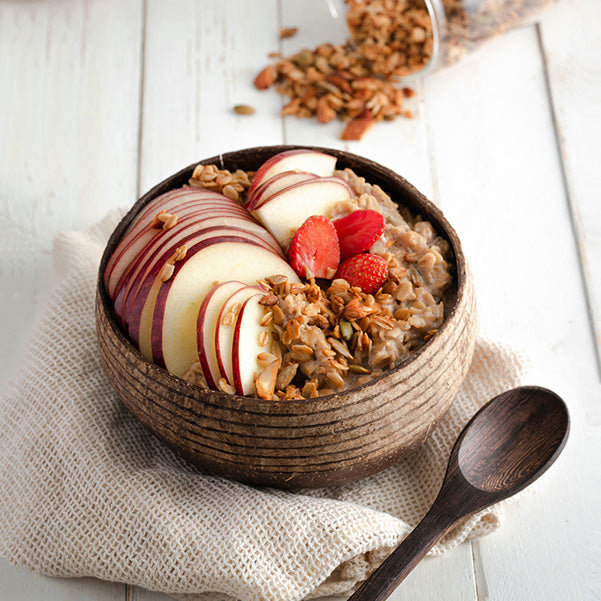
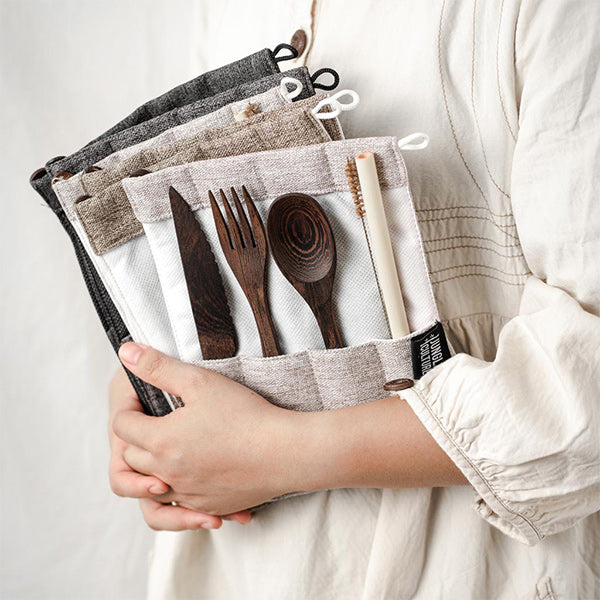

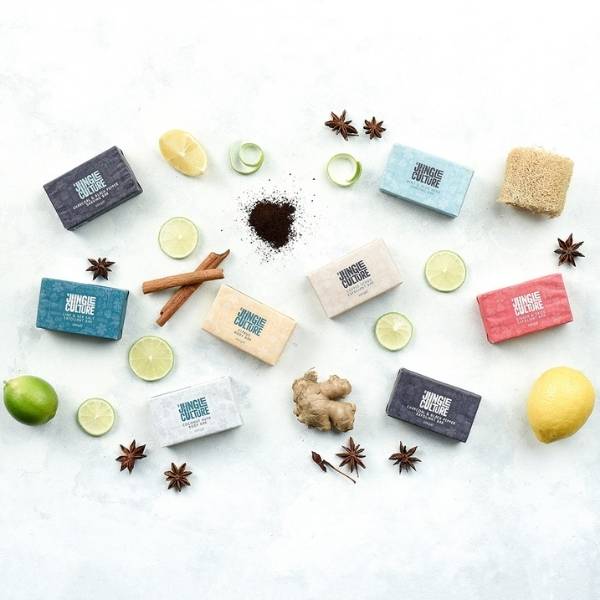
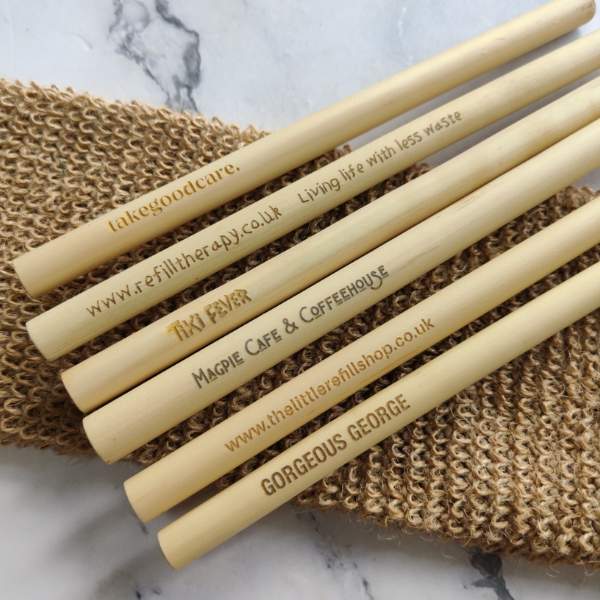



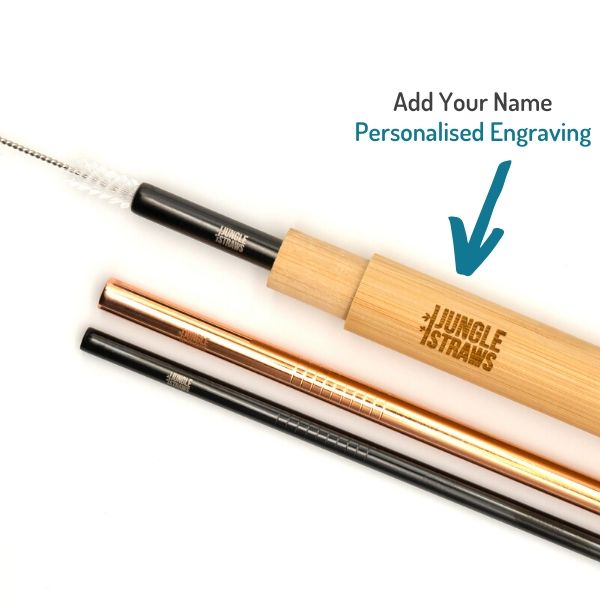
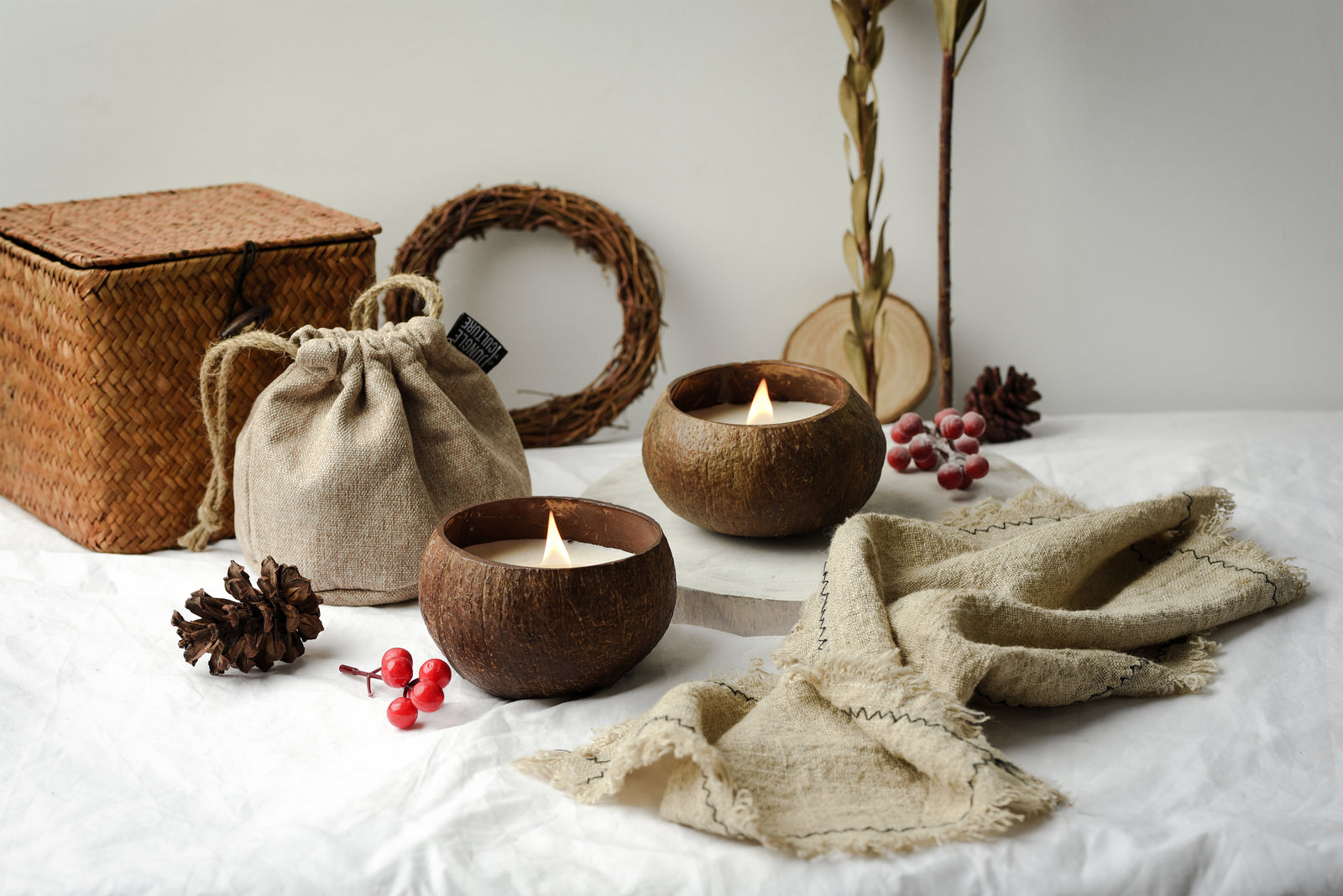



Leave a comment (all fields required)